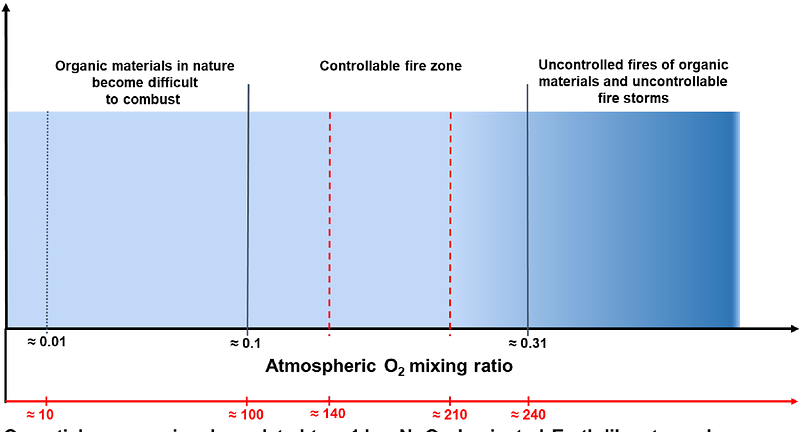Eta-Earth Revisited I: A Formula for Estimating the Maximum Number of Earth-like Habitats

Eta-Earth Revisited I: A Formula for Estimating the Maximum Number of Earth-like Habitats
Helmut Lammer, Manuel Scherf, Laurenz Sproß
AbstractIn this hypothesis article, we discuss the basic requirements of planetary environments where aerobe organisms can grow and survive, including atmospheric limitations of millimeter-to-meter-sized biological animal life based on physical limits, and O$_2$, N$_2$, and CO$_2$ toxicity levels. By assuming that animal-like extraterrestrial organisms adhere to similar limits, we define Earth-like Habitats ($\eta_{\rm EH}$) as rocky exoplanets in the Habitable Zone of Complex Life that host N$_2$-O$_2$-dominated atmospheres with minor amounts of CO$_2$, at which advanced animal-like life can in principle evolve and exist. We then derive a new formula that can be used to estimate the maximum occurrence rate of such Earth-like Habitats in the Galaxy. This contains realistic probabilistic arguments that can be fine-tuned and constrained by atmospheric characterization with future space and ground-based telescopes. As an example, we briefly discuss two specific requirements feeding into our new formula that, although not quantifiable at present, will become scientifically quantifiable in the upcoming decades due to future observations of exoplanets and their atmospheres.